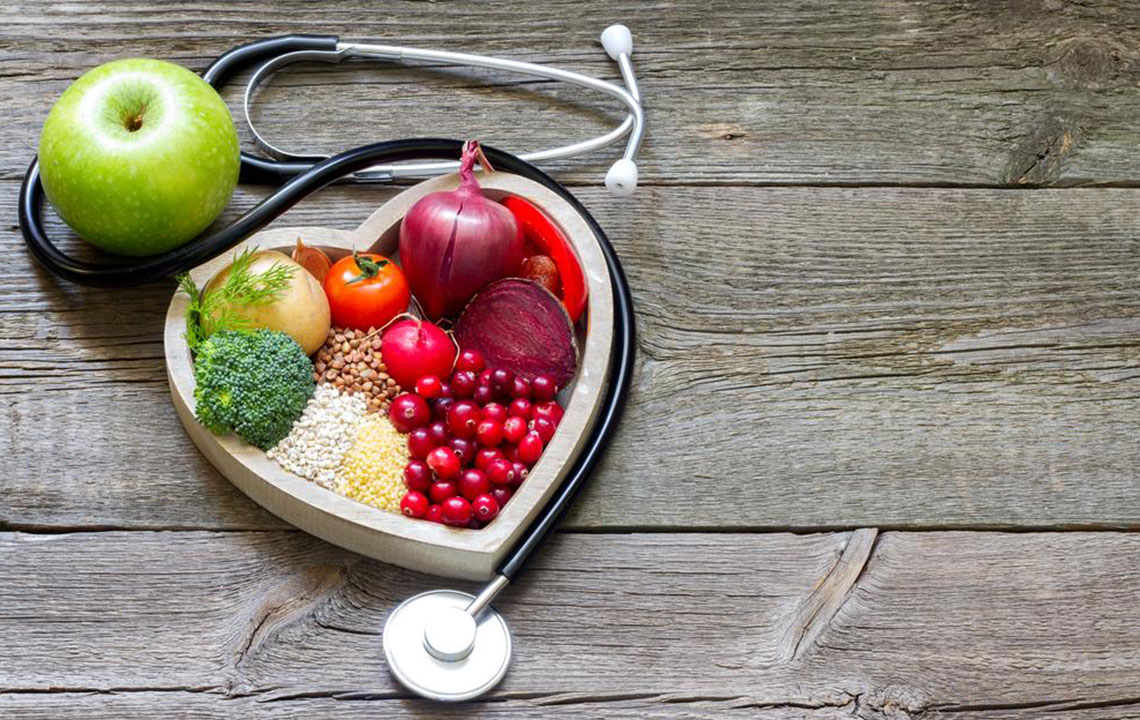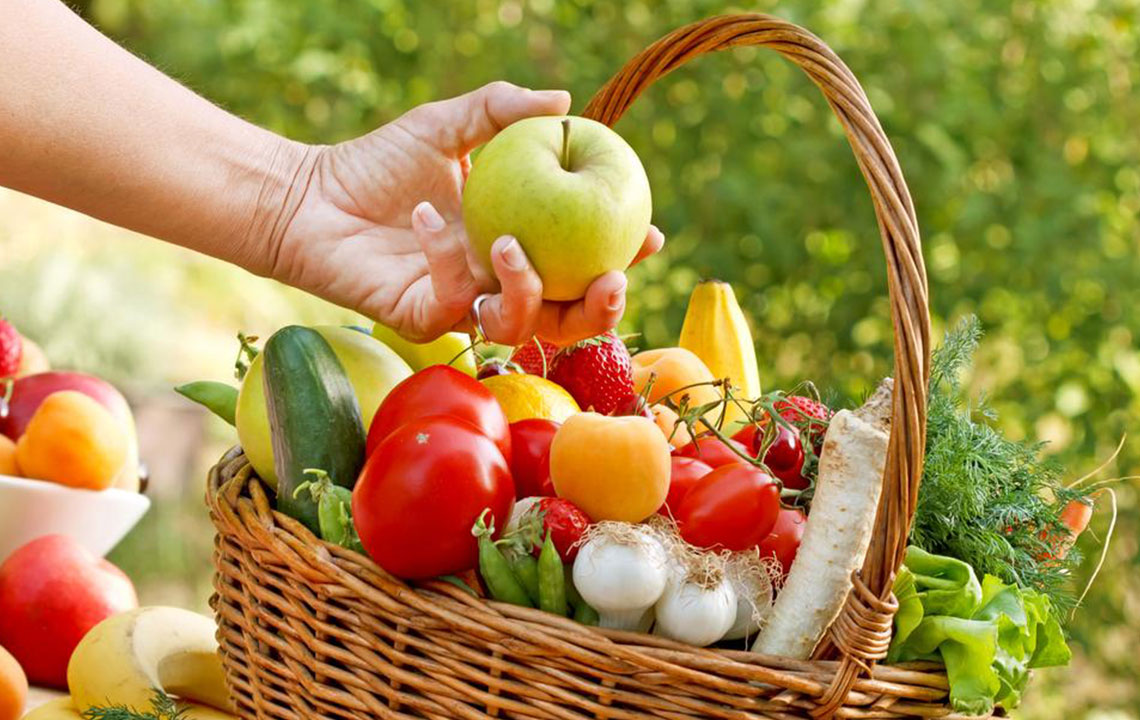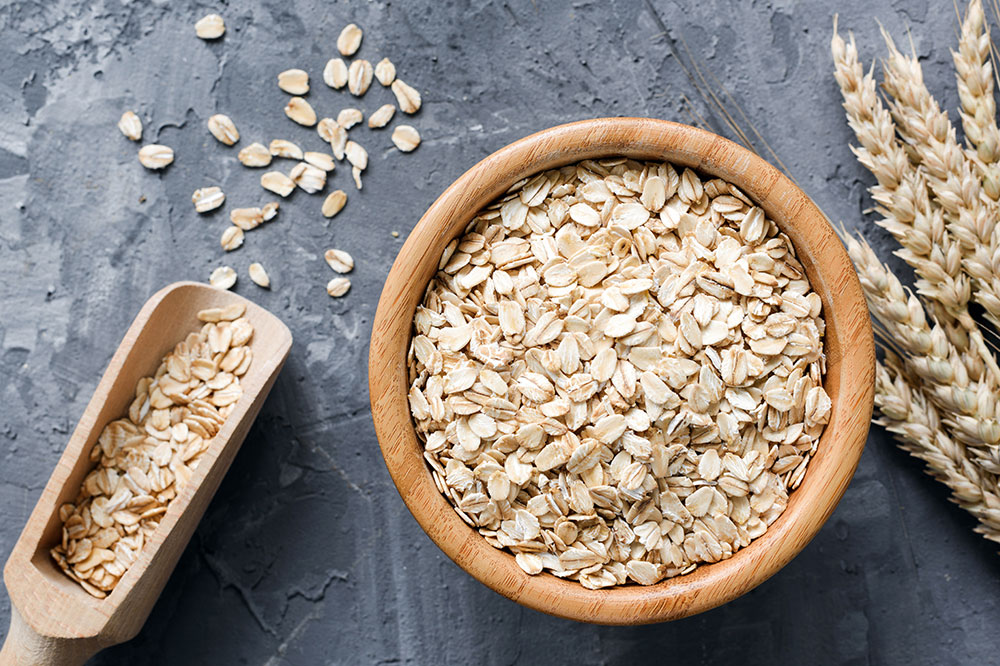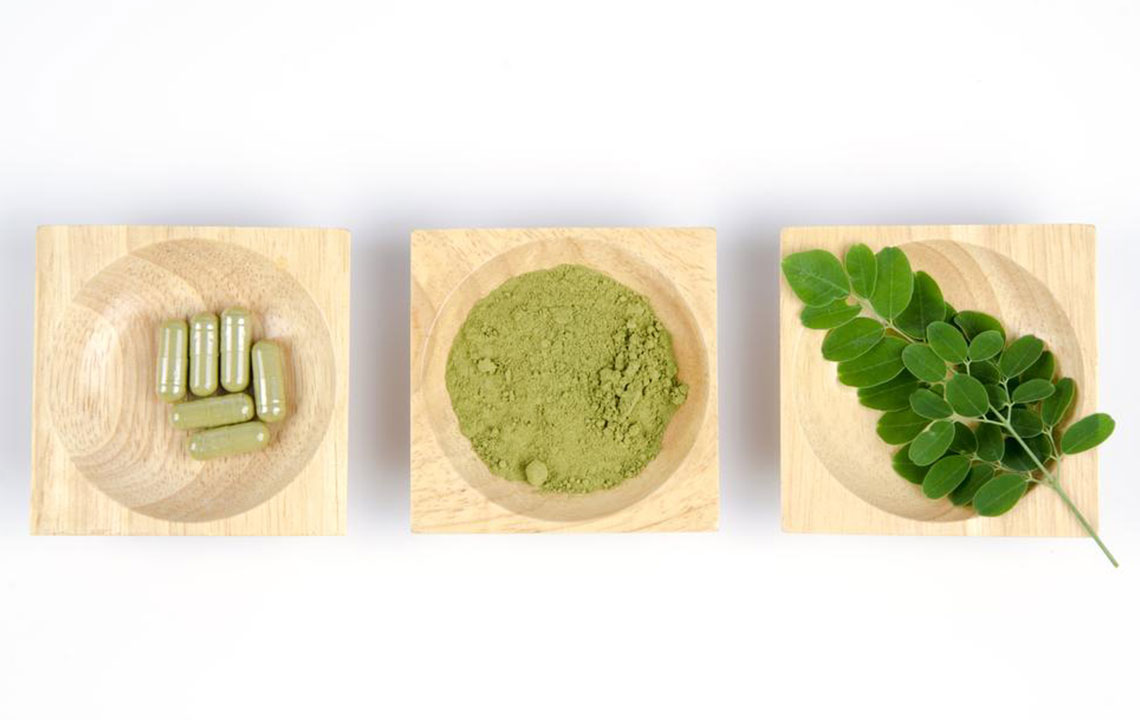Comprehensive Guide to 11 Heart-Healthy Foods for Lowering Cholesterol Naturally
This comprehensive guide explores 11 natural foods that effectively lower LDL cholesterol, promoting heart health. From oats and legumes to nuts and fruits, discover how incorporating these foods into your diet can reduce cholesterol levels, enhance arterial function, and support overall cardiovascular wellness effortlessly. Learn practical tips for dietary changes that benefit your heart without relying solely on medication.

Comprehensive Guide to 11 Heart-Healthy Foods for Lowering Cholesterol Naturally
Maintaining healthy cholesterol levels is a crucial aspect of cardiovascular health, and your diet plays a significant role in this. Yesterday's approach to health emphasized medications, but today, incorporating specific cholesterol-lowering foods into daily meals has shown promising results. By choosing foods that lower LDL, commonly known as "bad cholesterol," you can effectively reduce your risk of developing heart disease and related complications. These foods primarily work by binding to cholesterol in the digestive system, increasing the intake of beneficial fats, or blocking the absorption of harmful cholesterol, thereby helping to maintain optimal blood cholesterol levels naturally.
Understanding the role of Low-Density Lipoprotein (LDL) in heart health is vital. Elevated levels of LDL cholesterol are associated with the buildup of plaques in arteries, leading to atherosclerosis, which increases the risk of heart attack and stroke. Fortunately, through mindful dietary choices, such as incorporating specific foods rich in soluble fibers, healthy fats, and plant sterols, you can lower LDL levels and promote a healthier heart.
The foods that assist in lowering cholesterol levels employ various mechanisms—such as blocking cholesterol absorption in the intestines, increasing intake of polyunsaturated fats, or containing natural plant sterols that inhibit cholesterol uptake. Integrating these foods into your daily diet can significantly improve your cardiovascular health. Here is an expanded overview of the top foods for naturally reducing cholesterol and supporting overall heart health.
Start Your Day Right with Oats
Oats stand as a powerhouse for cholesterol management, mainly because they are rich in soluble fiber. Soluble fibers attach themselves to cholesterol molecules in the digestive tract, promoting their excretion and thus reducing the overall LDL levels. A bowl of warm oatmeal or oats-based cereal paired with fruits like bananas, strawberries, or blueberries can make a delicious and heart-healthy breakfast. This simple addition to your morning routine supports vasodilation, blood pressure regulation, and reduces the risk of arterial plaque formation.
Embrace Whole Grains for Better Heart Health
Including whole grains such as barley, brown rice, and whole wheat products in your diet provides a considerable amount of soluble fiber, essential for lowering cholesterol. These grains contain the entire kernel—bran, germ, and endosperm—which contribute to a higher fiber content and vital nutrients. Aim to consume between 10 to 35 grams of dietary fiber daily, with at least 5 grams being soluble fibers. Consistent intake of whole grains is associated with decreased LDL cholesterol levels, improved blood vessel flexibility, and reduced cardiovascular risk.
Incorporate Legumes for a Heart-Healthy Diet
Legumes—including beans like navy, kidney, black-eyed peas, lentils, chickpeas, and others—are excellent sources of soluble fiber. Besides helping to lower cholesterol, legumes promote feelings of fullness, aid weight management, and stabilize blood sugar levels. These nutritious and versatile foods can be added to salads, soups, stews, or even made into spreads, providing a tasty way to enhance your diet’s health benefits. Regular consumption of legumes is associated with a significant reduction in LDL cholesterol and increased overall heart health.
Boost Heart Health with Eggplant
This purple vegetable is low in calories and rich in soluble fiber, making it a beneficial addition if you're looking to maintain healthy cholesterol levels. Eggplant also contains antioxidants like nasunin, which protect cells from damage and support vascular health. Whether roasted, grilled, or incorporated into stews, eggplant provides a satisfying, nutrient-dense food choice that aids in the reduction of LDL cholesterol and promotes better blood circulation.
Enjoy Nuts for Cholesterol Reduction
Nuts, such as almonds, walnuts, pistachios, and peanuts, offer a range of heart-healthy monounsaturated and polyunsaturated fats. Consuming about 2 ounces (roughly a handful) of nuts daily can lower LDL cholesterol by approximately 5%, contributing to reduced risk of heart disease. Nuts also contain plant sterols, fiber, vitamins, and minerals that support arterial health and reduce inflammation. Incorporate nuts into snacks, salads, or oatmeal to enjoy their benefits for your heart’s well-being.
Choose Healthy Oils for Better Cardiovascular Outcomes
Replacing saturated fats with healthier vegetable oils such as safflower, sunflower, canola, and olive oil can significantly lower "bad" LDL cholesterol levels. These oils are rich in monounsaturated and polyunsaturated fats that help decrease cholesterol absorption in the intestines and improve blood lipid profiles. Using these oils in cooking, dressings, or baking offers a flavorful way to support arterial health and prevent the progression of atherosclerosis.
Eat a Rainbow of Fruits, Especially Apples, Grapes, Strawberries, and Citrus
Fruits are a vital part of a cholesterol-friendly diet, primarily because they provide pectin— a soluble fiber that binds to cholesterol and facilitates its excretion. Apples, grapes, strawberries, oranges, and other citrus fruits are especially rich in antioxidants and phytochemicals that support heart health. Regular intake of a variety of fruits not only helps reduce LDL levels but also provides essential vitamins, minerals, and antioxidants that prevent oxidative stress and inflammation in blood vessels.
Incorporate Soy Products for a Cholesterol-Lowering Effect
Including around 25 grams of soy protein daily—found in foods like tofu, soy milk, edamame, and tempeh—has been shown to lower LDL cholesterol by up to 6%. Soy contains bioactive compounds called isoflavones, which mimic estrogen and promote cardiovascular health. Substituting animal proteins with soy products not only helps manage cholesterol but also supports hormone balance and overall metabolic health.
Consume Lycopene-Rich Foods for Heart Protection
Foods with a vibrant red color, such as tomatoes, watermelon, pink grapefruit, and papayas, are rich in lycopene—a powerful antioxidant linked to reduced LDL cholesterol and improved blood vessel function. Regularly including these foods in your diet can help prevent oxidative damage, reduce inflammation, and support healthy endothelial function—the lining of blood vessels.
Utilize Garlic as a Natural Cholesterol Reducer
Raw garlic has been used traditionally for centuries as a cardiovascular remedy. Eating less than half a clove (around 900 mg) of raw garlic daily has been shown to effectively lower LDL cholesterol levels, especially when used as a garnish or added to salads and dressings. Garlic contains allicin, a compound with lipid-lowering and blood pressure-lowering properties that contribute to overall heart health.
Enhance Your Diet with Flax Seeds
Adding ground flax seeds to baked goods, cereals, smoothies, or salads can provide a potent natural remedy for lowering LDL cholesterol. Flax seeds are rich in alpha-linolenic acid (ALA), a plant-based omega-3 fatty acid that reduces inflammation and improves lipid profiles. Their soluble fiber content further promotes cholesterol excretion, making them an excellent addition to any heart-healthy diet.
Incorporating these diverse foods into your daily nutrition plan can naturally improve your cholesterol levels, strengthen your cardiovascular system, and promote overall health. A balanced intake comprising fruits, vegetables, legumes, nuts, whole grains, and healthy fats not only supports cholesterol management but also offers benefits like blood pressure regulation, improved arterial flexibility, stronger bones, better digestion, and clearer vision.
Consume an abundance of colorful fruits and vegetables daily
Opt for whole grains instead of refined grain products
Prioritize plant-based proteins like legumes and soy
Choose healthy cooking oils over saturated fats




